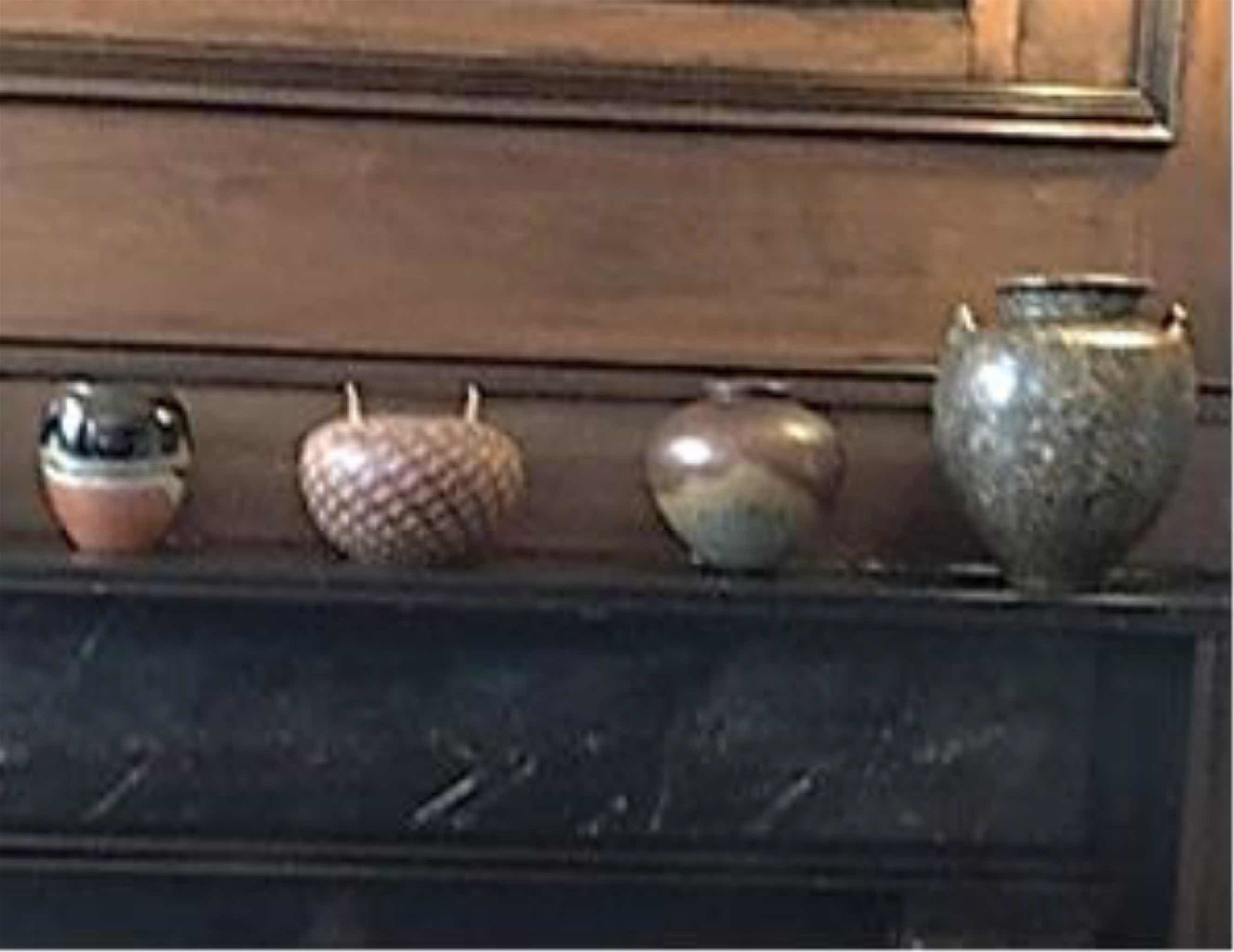People have collected almost everything imaginable, and, although it may be impossible to fathom why some items are desired, for the individual collector, these objects have deep meaning. The word, collection, is derived from the 13th century Anglo-French word for a kind of prayer, a “ratio ad collectum”, and its origin conveys the devotion and reverence collectors have for the objects they accumulate. Sigmund Freud, who built an extensive collection of Greek and Roman antiquities, believed that collecting develops as a reaction to the child’s sense of loss and powerlessness resulting from the unceremonious, daily disposal of his fecal sculptures. Freud’s hypothesis may apply to some collectors, but understanding collecting from a single perspective limits our appreciation of a rich, complex experience.
Collecting involves many, basic human desires and unconscious fantasies. Children imbue their teddy bears and blankets with the power to comfort; collectors infuse their cherished pieces with their own personal meaning. Pleasure and pride are experienced when collections are recognized and admired. Competition, especially in the setting of an auction, the excitement of the hunt, and the powerful satisfaction of acquiring a long sought-after item are central to collecting. Collections are never complete, and every collector imagines discovering some treasure at a flea market or in someone’s attic. Collectors develop a unique relationship with each item in their collections and can often recall the exact circumstance when it was acquired. When collecting is all consuming, it has become an obsession, suggesting the use of collecting to satisfy some other, unconscious desire. Individuals who purchase objects for financial gain are investors masquerading as collectors.
To some degree we are all hunters and gatherers. Minimalists dramatically reject this aspect of being human; savers preserve objects to keep the past alive; hoarders take it to a tragic extreme. Collectors draw upon it to create an enduring pursuit with deep meaning and personal satisfaction.



